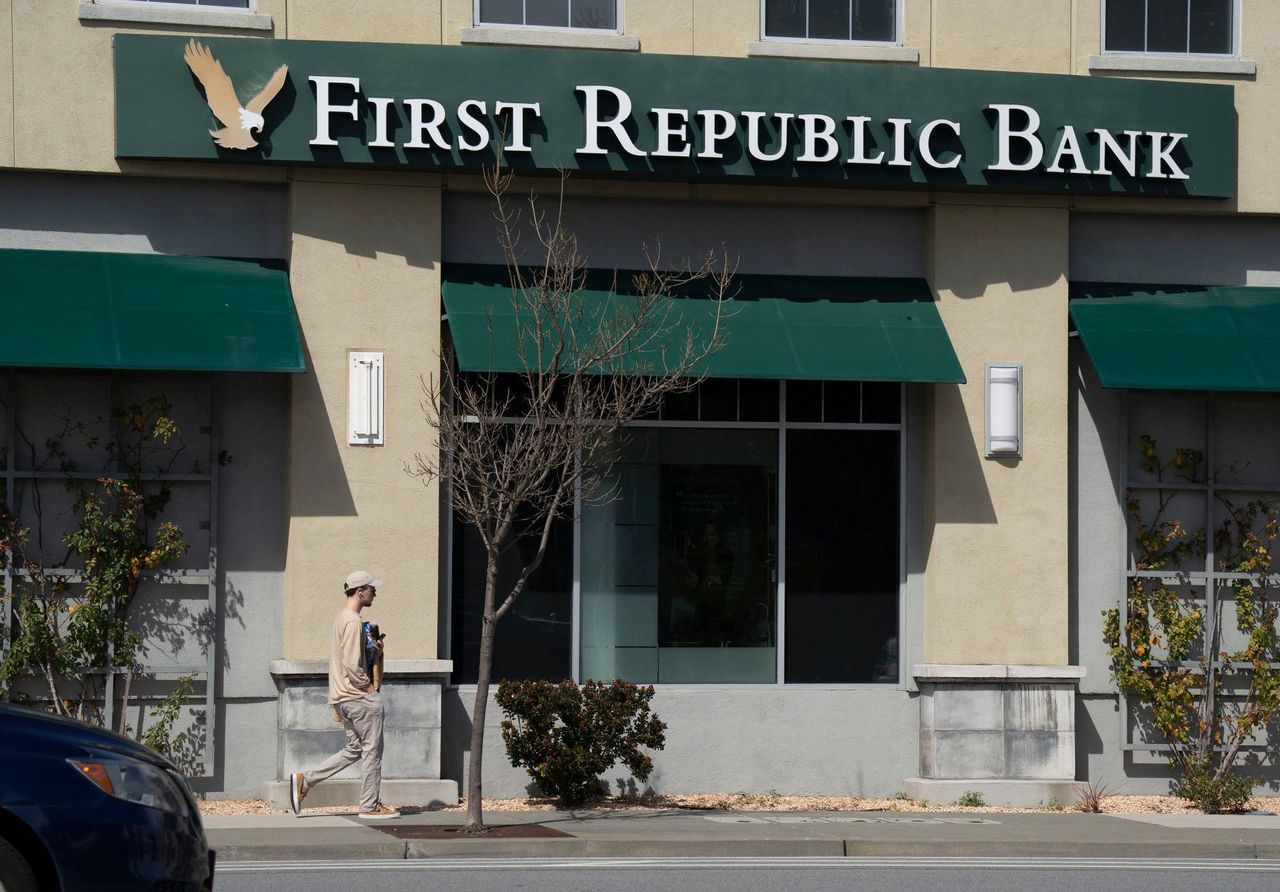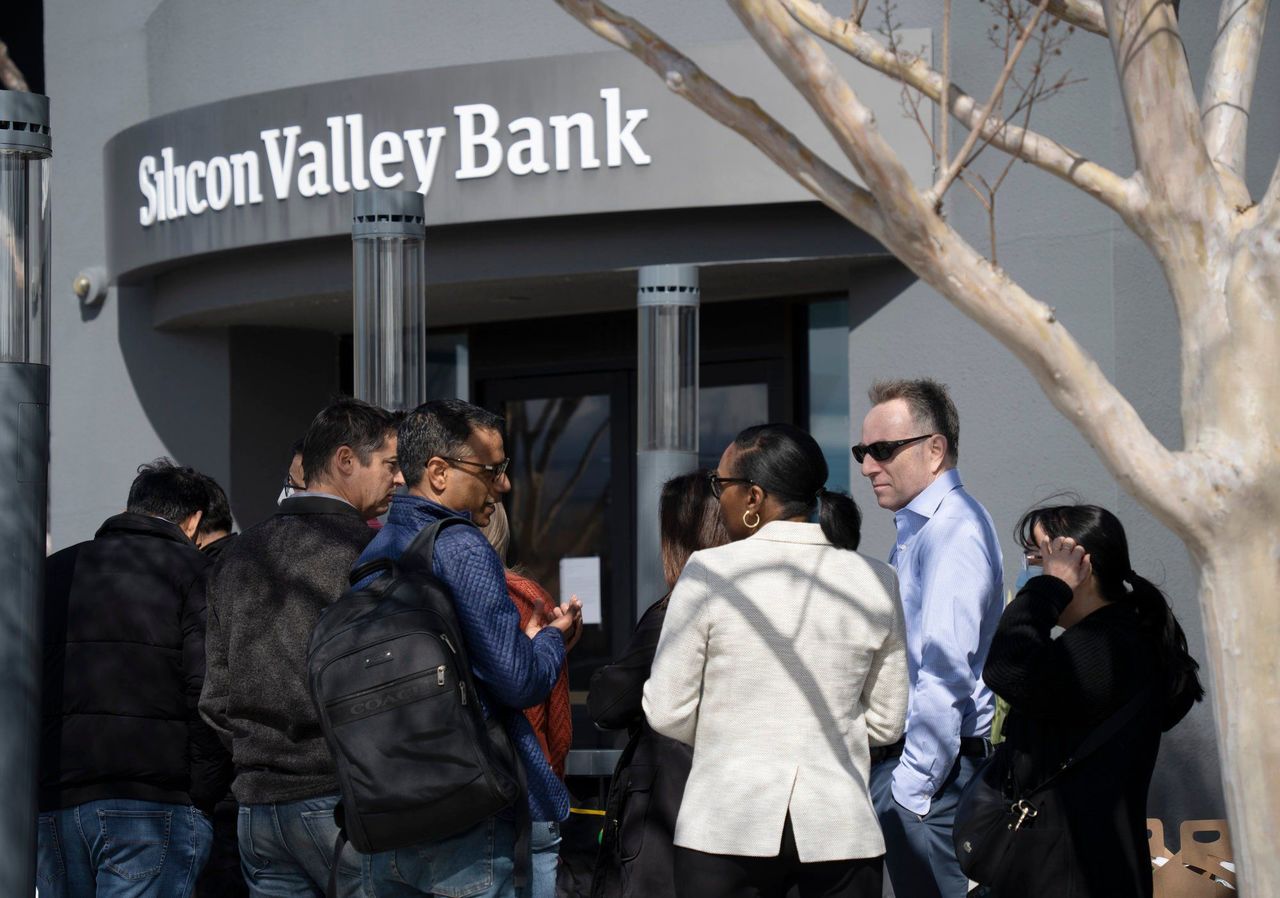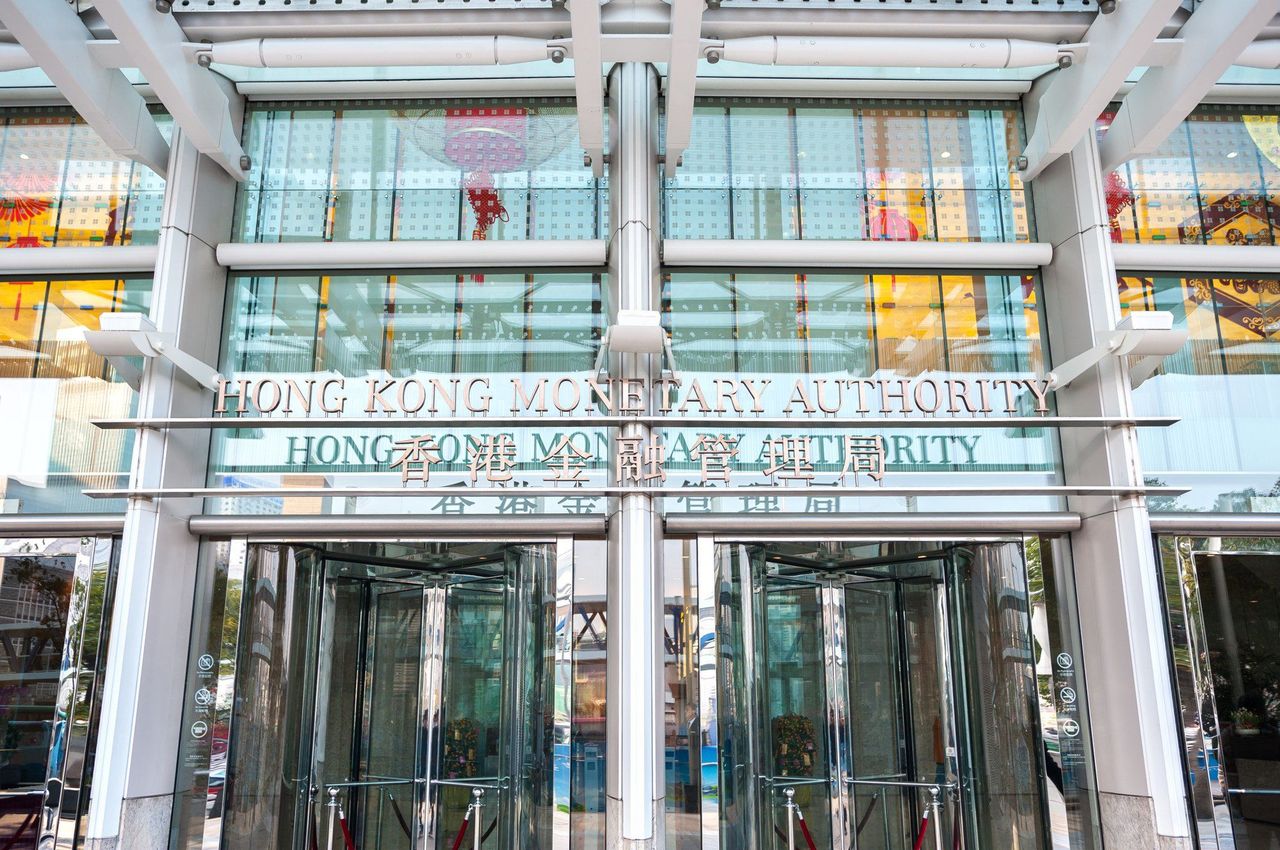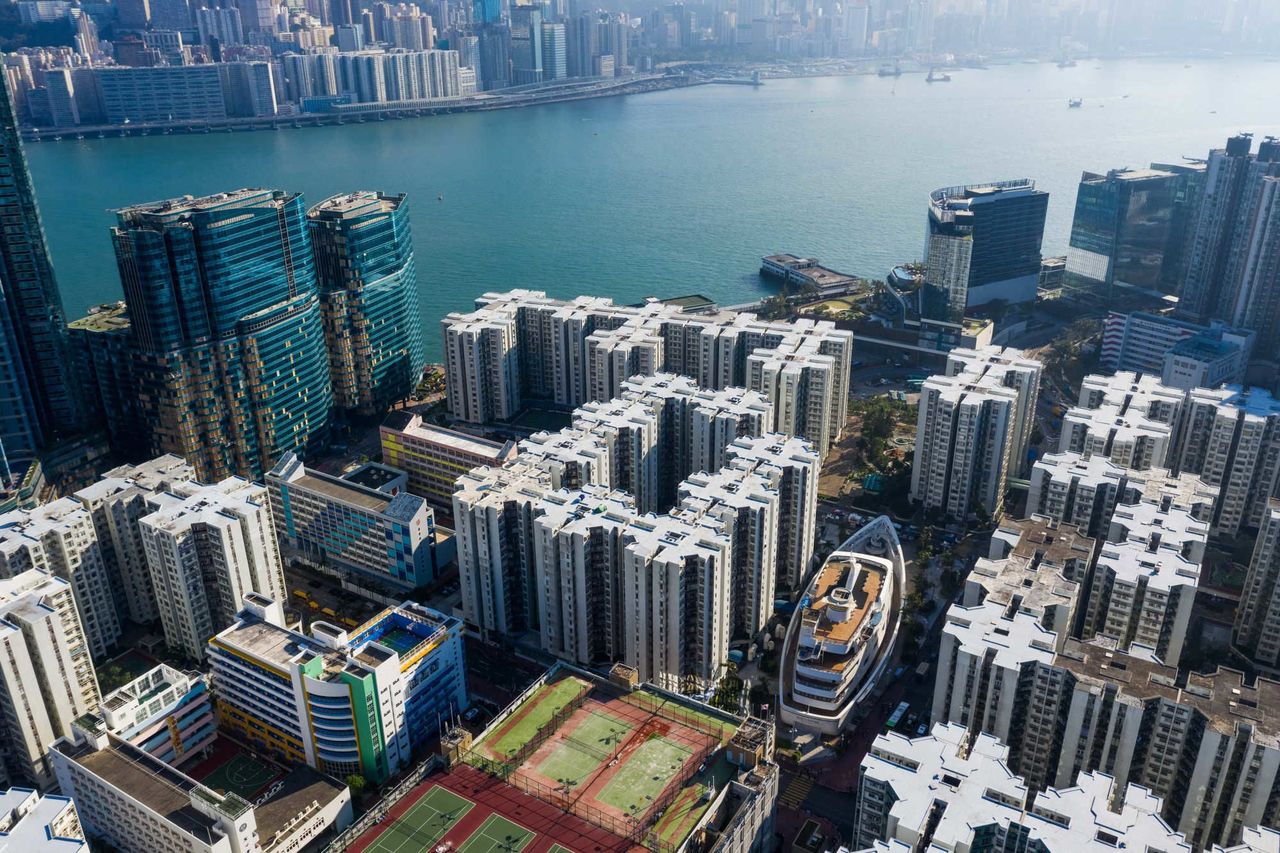Hong Kong News

Hong Kong raises base rate as US Fed keeps inflation as its sole target
Hong Kong’s base rate went up by a quarter point, as the city’s de facto central bank moved in lockstep with the US Federal Reserve to raise the cost of money for the ninth consecutive time, after a unanimous vote to put America’s anti-inflation fight at the forefront of US monetary policy.
The base rate rose to a 15-year high of 5.25 per cent, the Hong Kong Monetary Authority (HKMA) said today in a statement. Hours earlier, the Fed raised its target rate by a quarter point to between 4.75 per cent and 5 per cent.
The pace of increase was the same as in February, which was smaller than the Fed’s December 2022 move, when it increased the cost of funds by half a percentage point to rein in runaway inflation. Hong Kong has kept its monetary policy in lockstep with the Fed since 1983 to preserve the local currency’s peg to the US dollar.
A rising rate cycle underscored the imperatives of fighting inflation, and the confidence that the move would not deepen the banking crisis that is developing among midsize lenders. Three midsize US banks in the past two weeks, and unleashed a market turmoil that forced Credit Suisse to be sold to UBS.
The US government and nearly a dozen of Wall Street’s largest banks including JPMorgan last week put together US$30 billion to prevent a fourth bank – the First Republic Bank in San Francisco – from going under.
“The Fed’s baseline scenario is to continue raising rates, especially in light of the European Central Bank’s 50-basis point rate hike [last week]”, said Erik Weisman, chief economist at MFS Investment Management in Boston, before the Fed’s move. “The actions undertaken over the previous weekend to backstop deposits in the troubled regional banks should allow them to use the regulatory arm to safeguard the banking system and continue to hike at the front end of the curve to bring inflation down and slow down the broader economy”.
 A First Republic Bank branch in Millbrae, California on March 13, 2023.
A First Republic Bank branch in Millbrae, California on March 13, 2023.
The market had predicted a 68 per cent probability of a 25-basis-point rate hike versus a 28 per cent chance of zero increase, according to the pricing of Fed funds futures on the Chicago Mercantile Exchange on Tuesday.
The split views reflect analysts’ understanding that the Fed would struggle to decide whether it should increase the rate further.
“On one hand, inflation remains too high and labour markets are too tight to declare [a] victory over inflation”, said DWS’s US economist Christian Scherrmann, before the Fed’s decision. “On the other hand, painful consequences of quick and sizeable policy rate increases might just have surfaced in the last [few] days”.
 People queue up outside the headquarters of the Silicon Valley Bank (SVB) in Santa Clara, California on March 13, 2023.
People queue up outside the headquarters of the Silicon Valley Bank (SVB) in Santa Clara, California on March 13, 2023.
“We think the Fed will seek a middle ground by delivering a 25-basis-points hike to address the inflation issue while further pointing to the effectiveness of their new lending facility to support potentially troubled banks,” Scherrmann said.
Now all eyes are on Hong Kong’s commercial banks to see whether they would increase their prime rates following the HKMA’s monetary policy.
Most analysts contacted by South China Morning Post said the prime rate would be kept unchanged.
“The Fed may be forced to halt hiking rates in March to forestall [any accusation] for accelerating the [banking] failures” in the US, said Tommy Ong, managing director of T.O. & Associates Consultancy, before the Fed’s latest move. “This means the prime rates in Hong Kong are also likely to stay at the current level”.
 The entrance to the office of the Hong Kong Monetary Authority at Two IFC in Hong Kong on January 27, 2014.
The entrance to the office of the Hong Kong Monetary Authority at Two IFC in Hong Kong on January 27, 2014.
Hong Kong’s banks raised their prime rates three times in 2022, by a total of 62.5 basis points. The best lending rate at HSBC, Bank of China (Hong Kong) and Hang Seng Bank now stands at 5.625 per cent per annum, while Standard Chartered, Bank of East Asia and other lenders have increased the cost of their funds to 5.875 per cent for their best customers.
Some see the danger of rising capital costs. “Hong Kong is not affected by the recent banking crisis in the US or Europe, so it can afford to raise interest rates”, said Kenny Wen, head of investment strategy at KGI Asia. “The cost of funding for banks is high and there is pressures on local banks to increase their prime rate slightly.”
 Hong Kong’s Whampoa Gardens housing estate on 7 November 2018.
Hong Kong’s Whampoa Gardens housing estate on 7 November 2018.
A rising prime rate will hurt the property market as borrowers face higher monthly repayments, said Eric Tso Tak-ming, chief vice-president of local mortgage broker mReferral, who expected the Fed rate to increase by 25 basis points, while Hong Kong lenders raise their rates by 12.5 basis points.
The payment on a typical HK$5 million (US$643,000), 30-year mortgage would rise by 1.6 per cent, or HK$347 to HK$22,452 per month, if the prime rate increases by 0.125 percentage point, according to calculations by mReferral.
A quarter-point increase in the prime rate would increase the monthly payment by 3 per cent, or HK$695, to HK$22,803, according to mReferral’s calculation.











